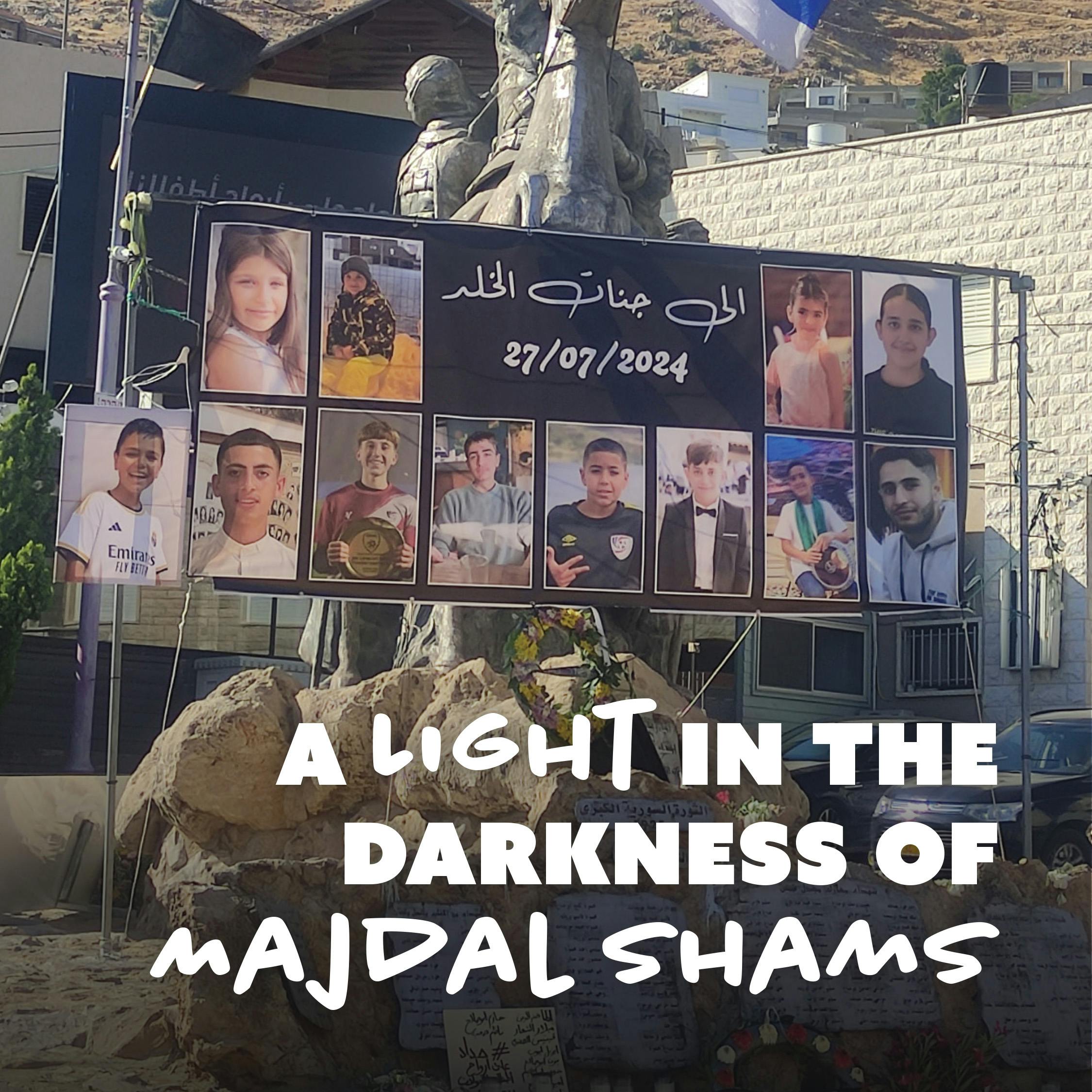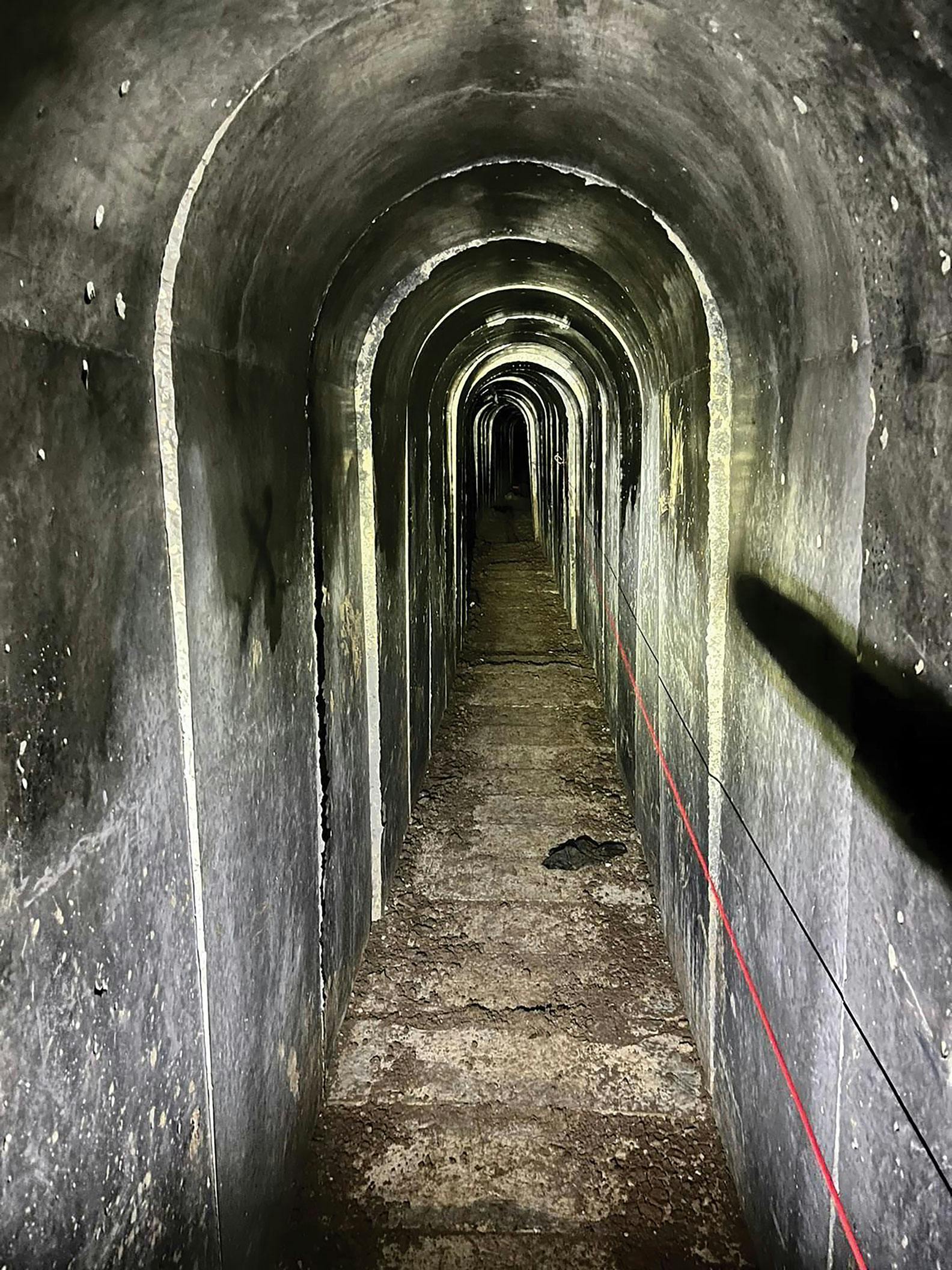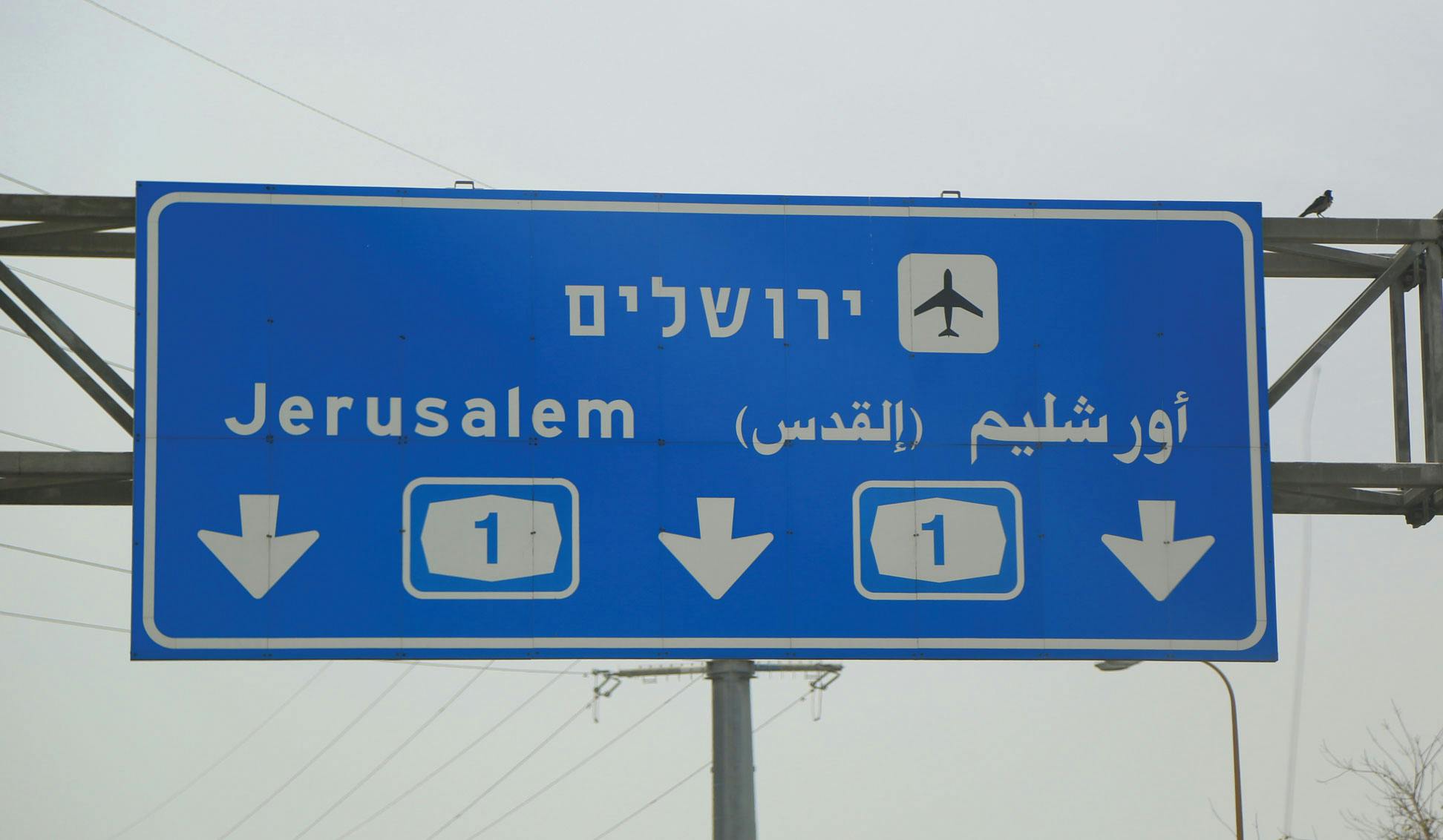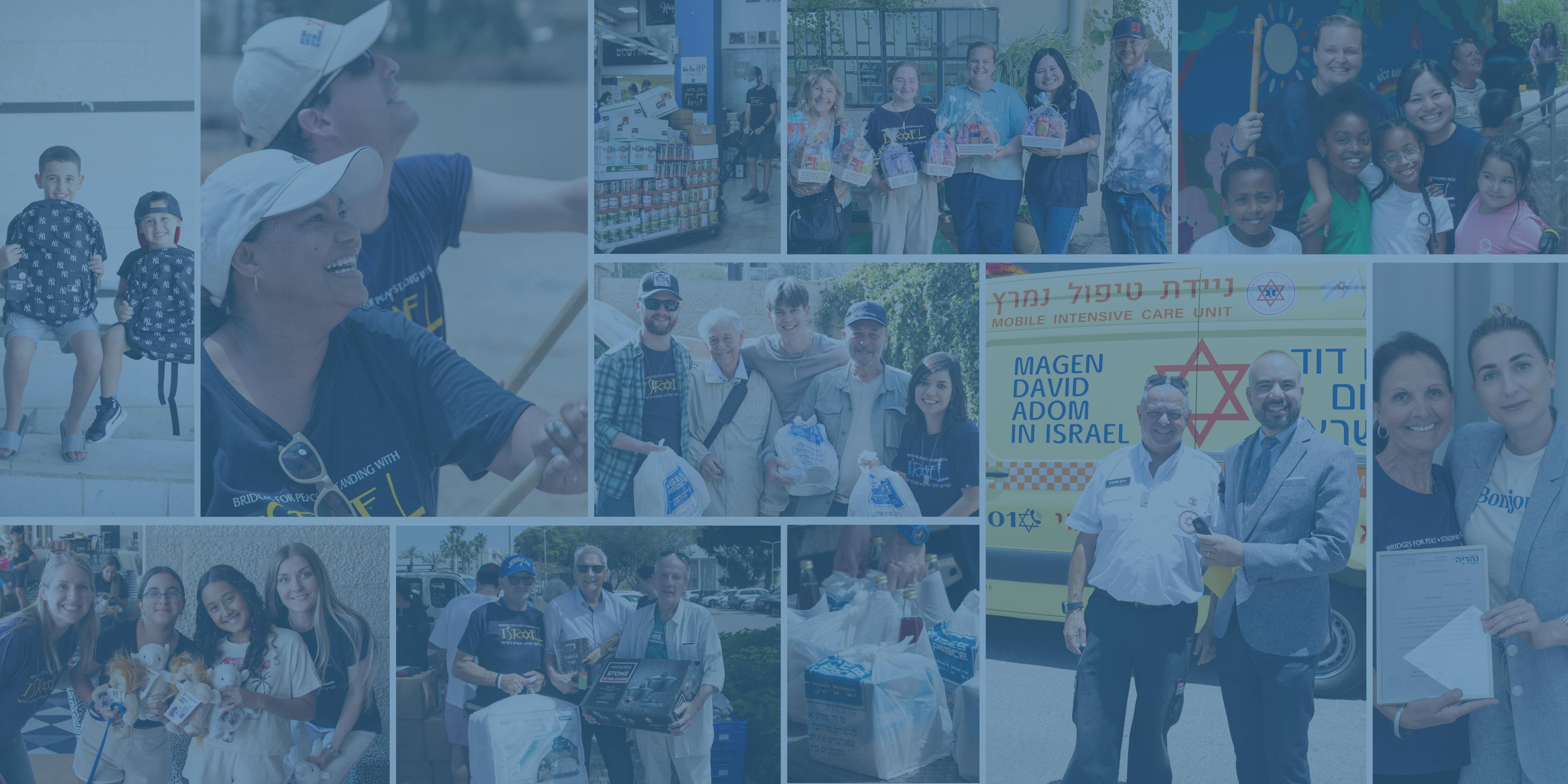
Transform Lives and Answer God’s Call to Bless and Support Israel
Be the Change
Bridges for Peace is committed to blessing the people of Israel in a variety of ways.
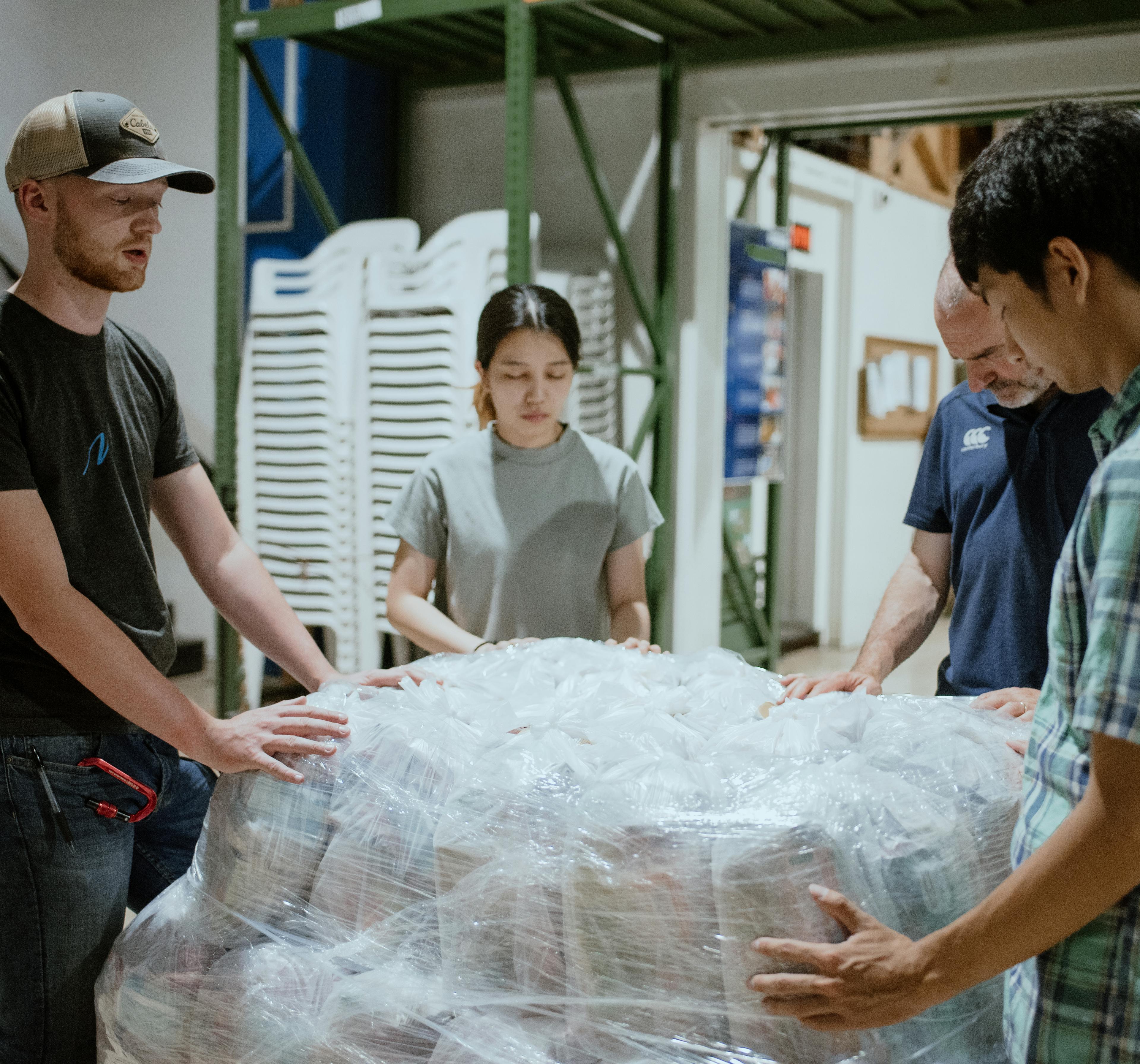
Answer The Call to Bless Israel
We are fortunate to live in a day where ancient prophecies are coming true before our very eyes. God is at work, and He is bringing about His promises to prophets millennia ago concerning the Land and people of Israel. He promised to bring them back to Israel from the four corners of the earth (Isa. 11:12). He promised that the desert would once again blossom (Isa. 35:1–2). In fact, the rebirth of the State of Israel was prophesied in Isaiah 66:8 (NASB): “Can a land be born in one day? Can a nation be given birth all at once?”
Do you want to be part of bringing these beautiful promises to life? We are privileged to partner with God in bringing about prophecy by helping Jewish people around the world immigrate to Israel, putting food on the tables of those in need, providing for Israelis in practical ways during times of crisis, and much more. Join us in standing with the nation of Israel.
Building Relationships Between Christians and Jews
At Bridges for Peace, our mission is clear: to build relationships between Christians and Jews in Israel and around the world.
Our programs and initiatives empower Christians to fulfill their biblical responsibility to stand faithfully with Israel and the Jewish people. From humanitarian aid and educational resources to volunteer opportunities, we provide tangible ways for believers worldwide to make a difference.
Be a part of what God is doing in Israel through impactful ways that transform lives and fulfill God’s calling on your life. You’re invited on this journey of biblical proportions.
Take action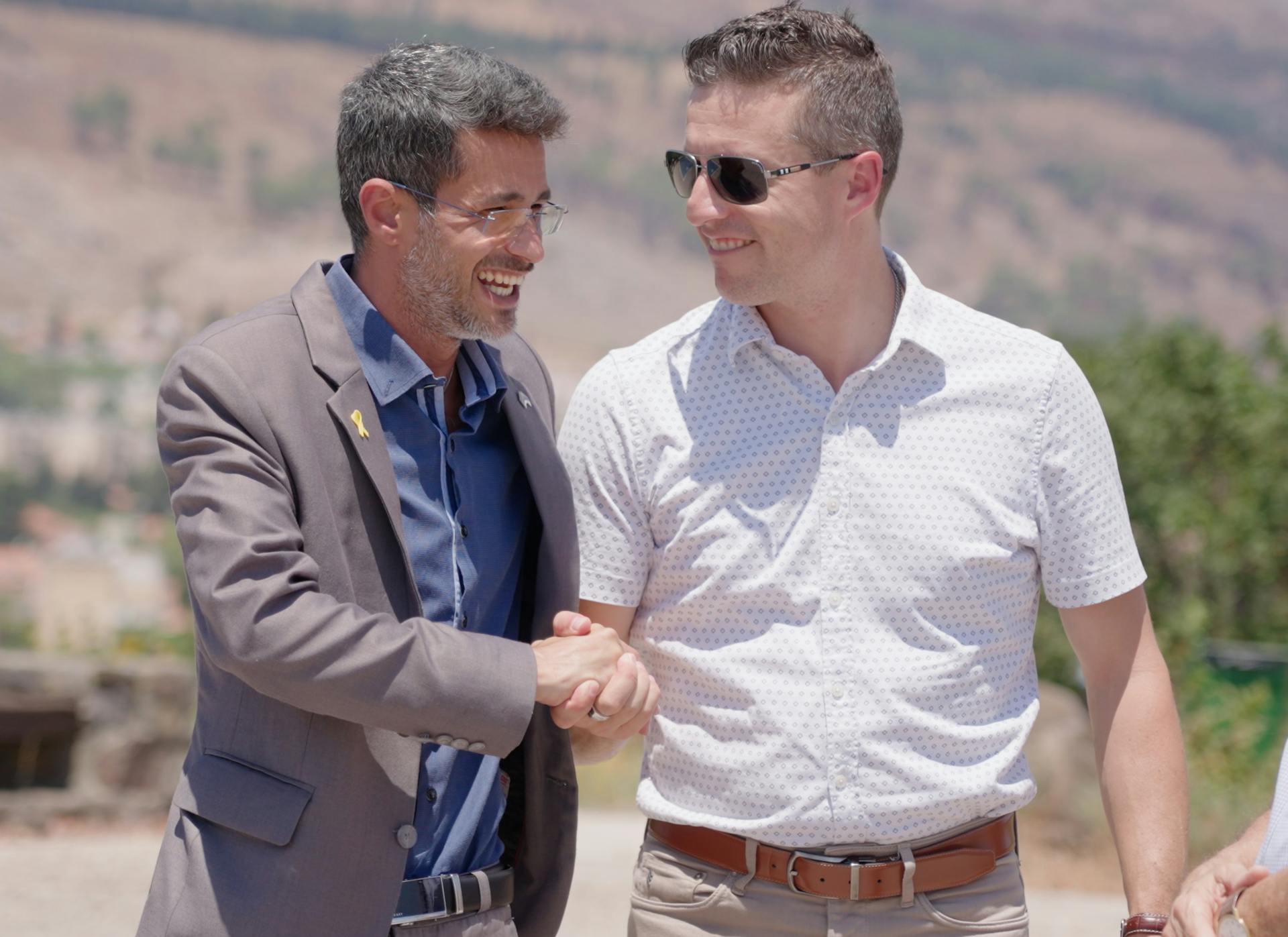
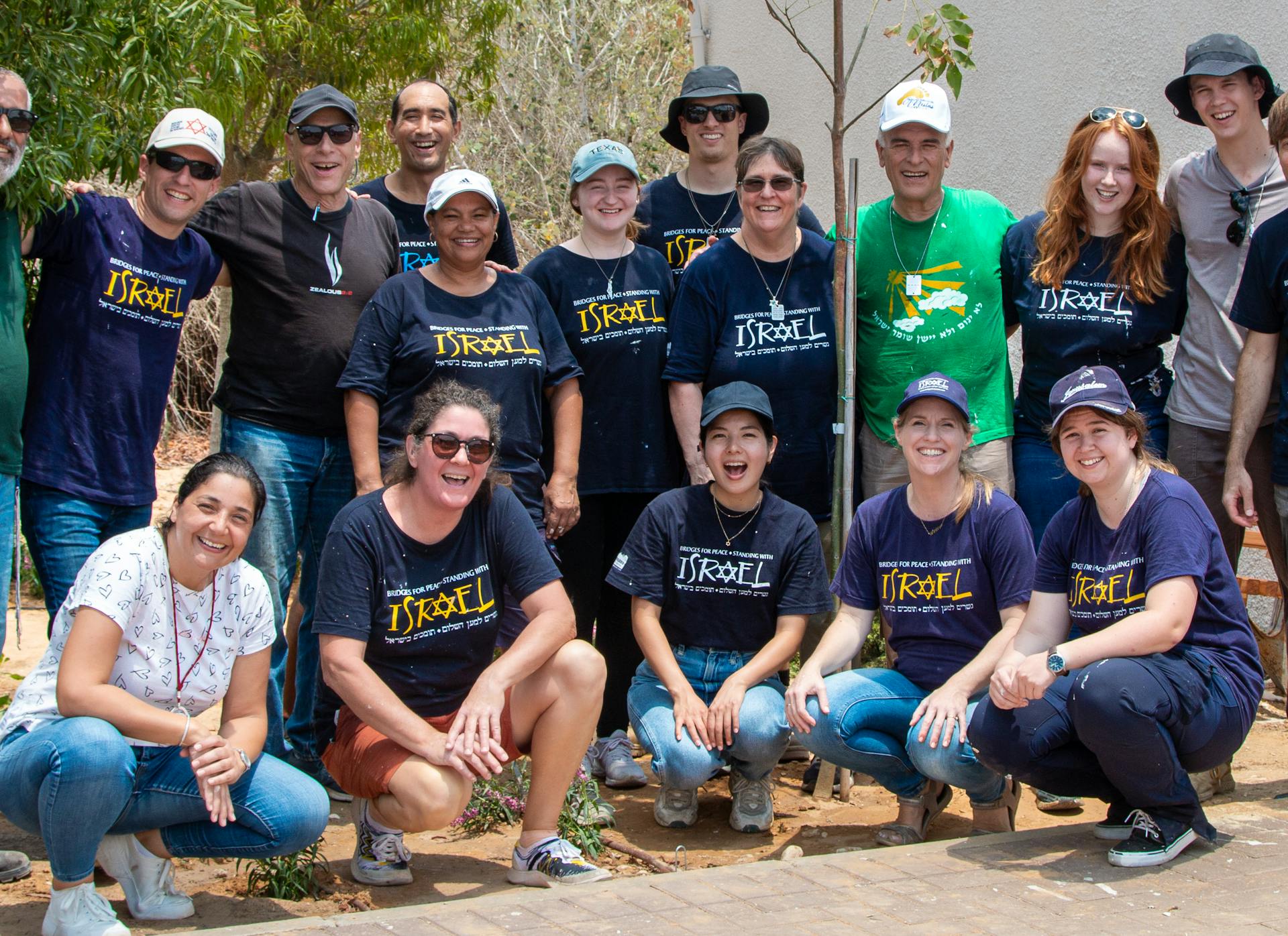
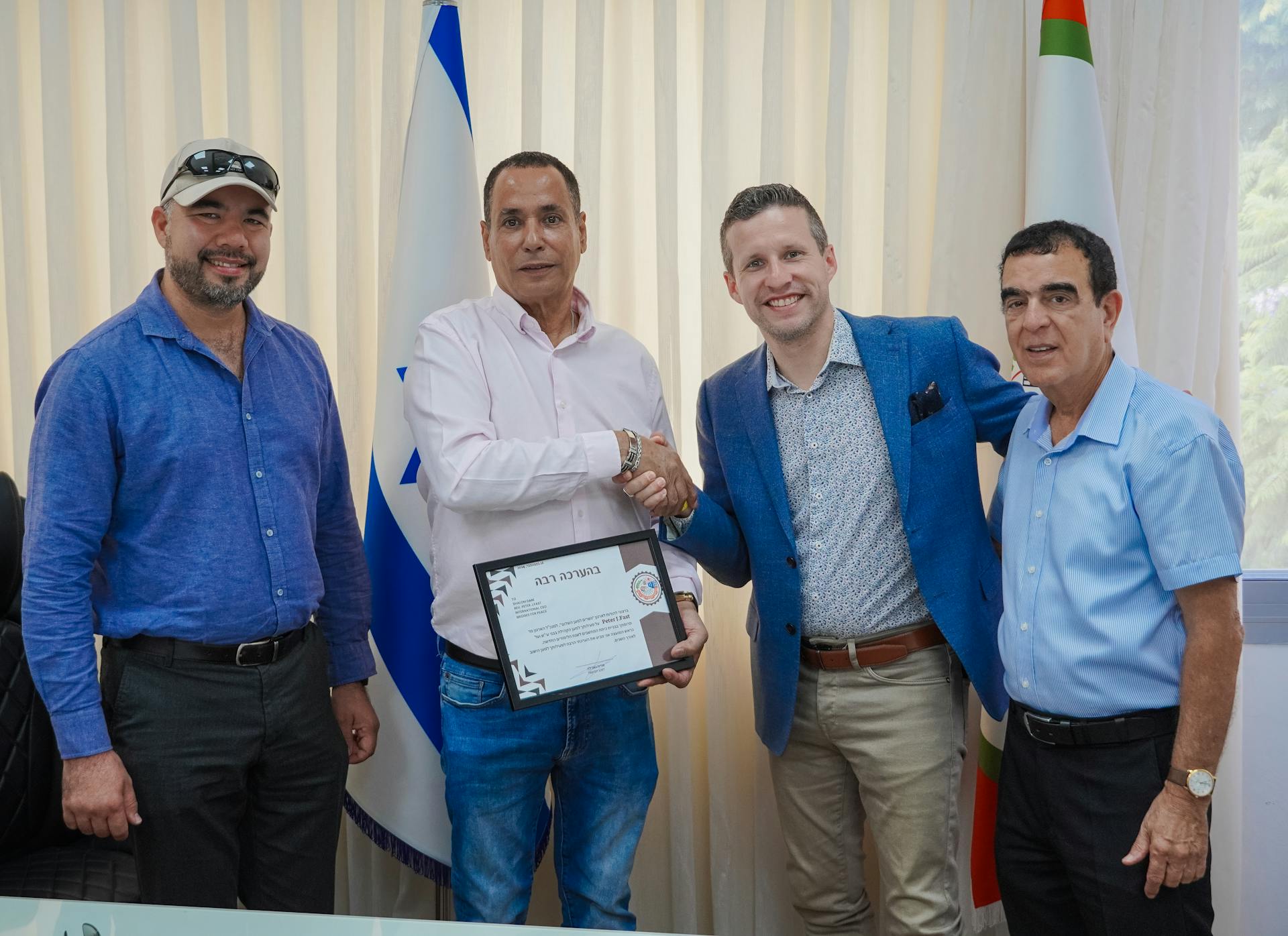
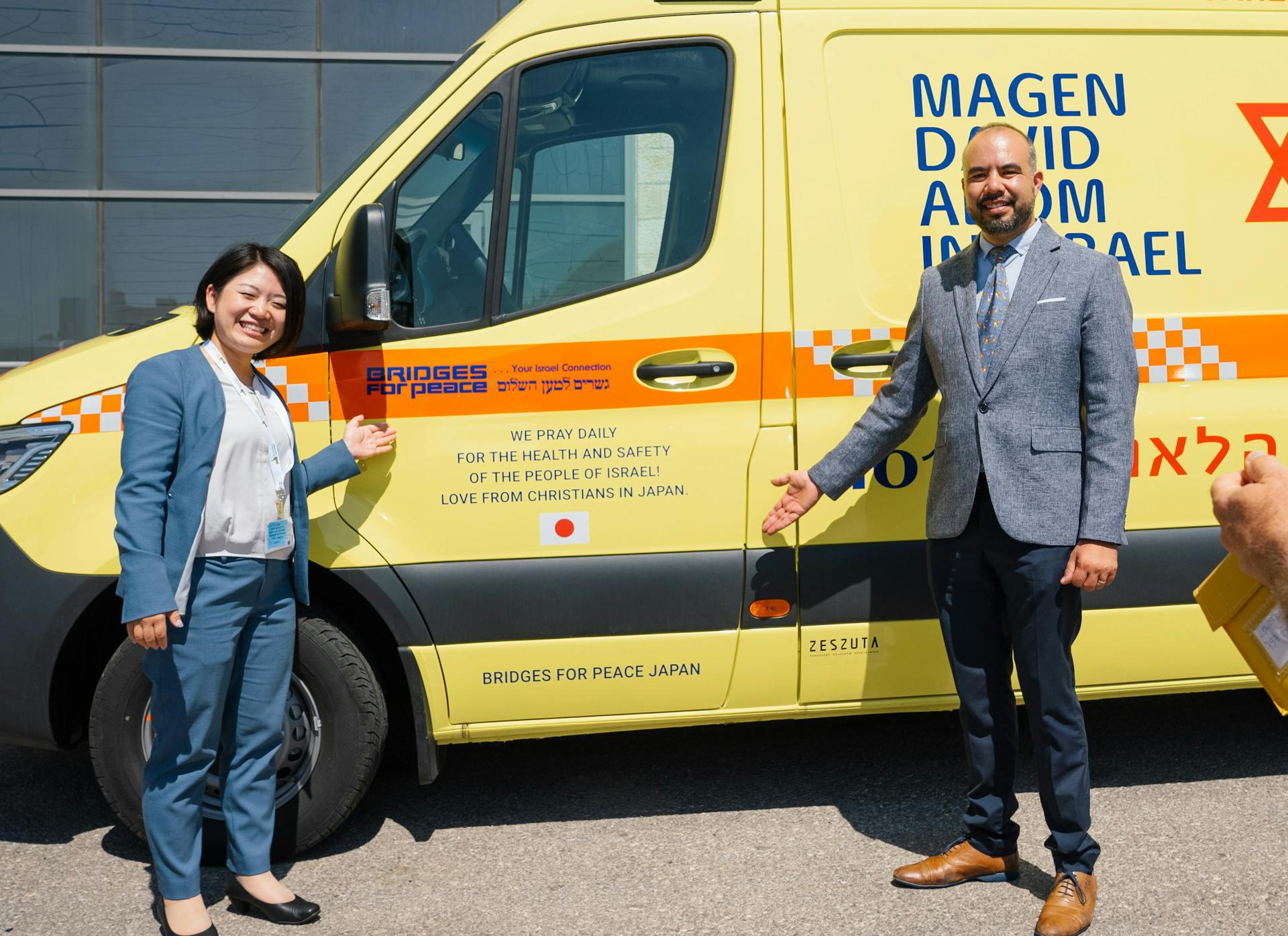
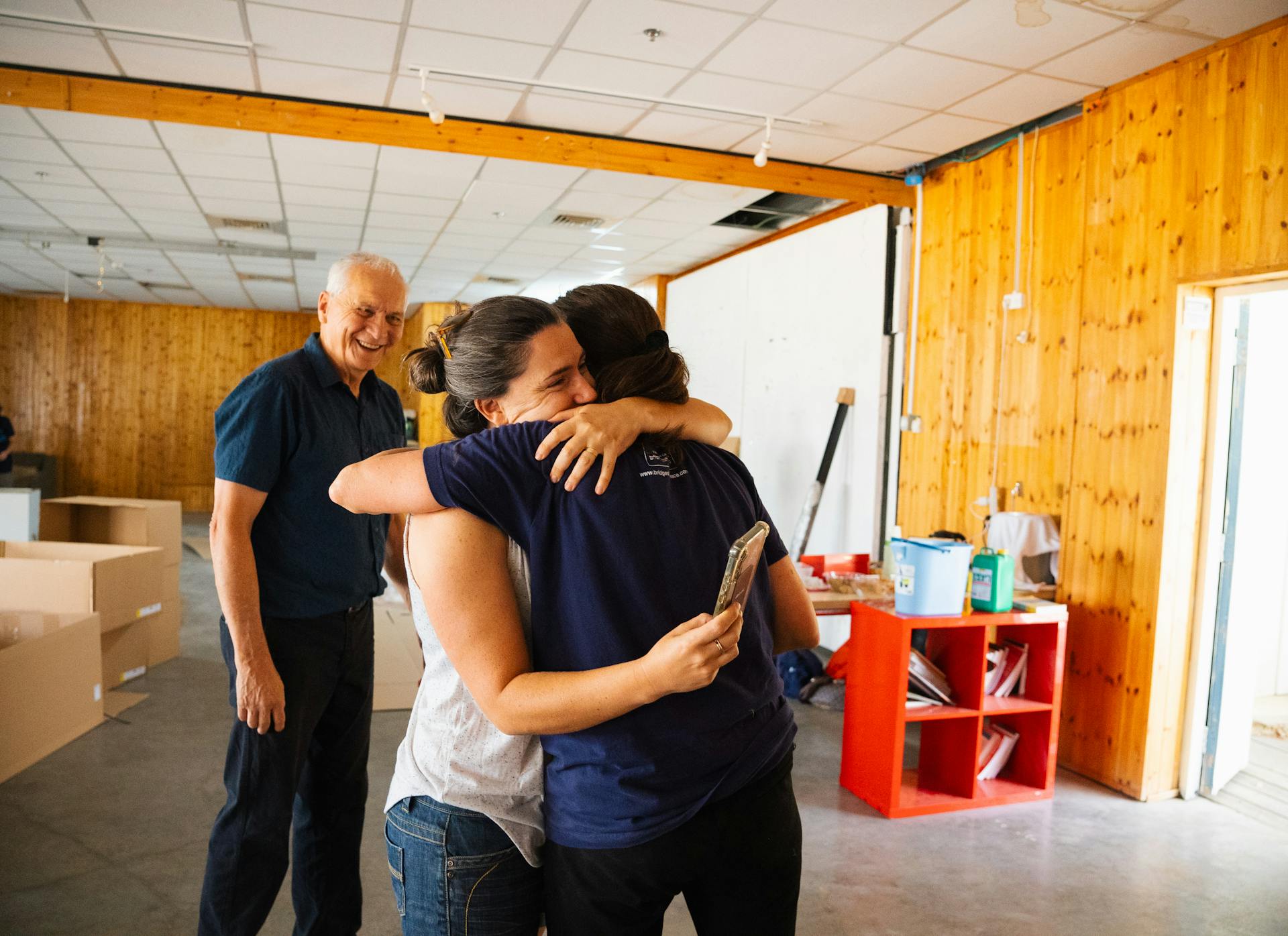
Our Impactful Programs
Make a difference in Israel through our activities.
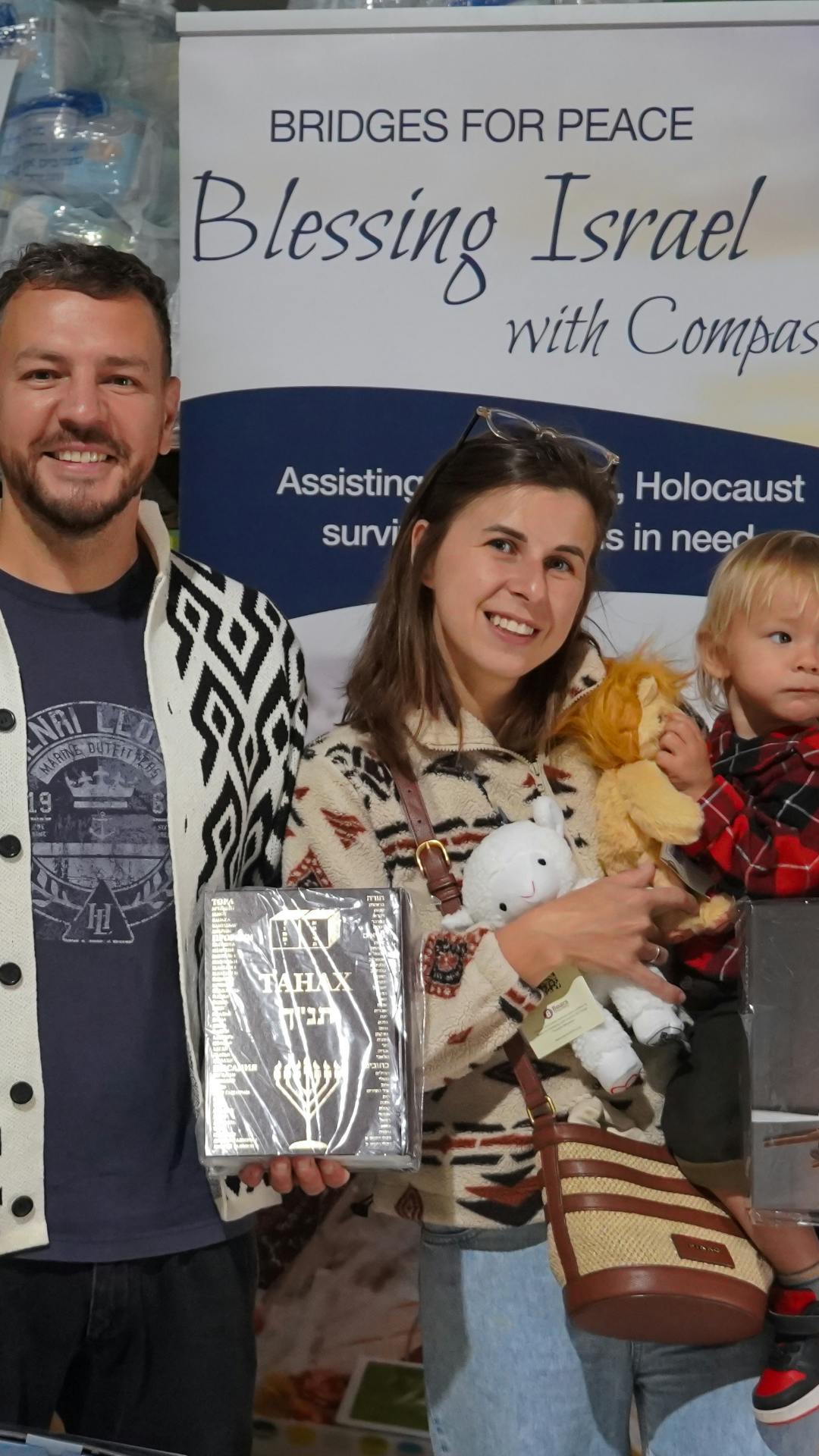
Adoption Program
Immigrating to Israel is the first step in a long journey to establish a new life. You can help new immigrants through the critical first year of life in Israel, supporting them financially to provide a safety net while giving them the time to learn Hebrew, find their feet, look for a job and settle in.
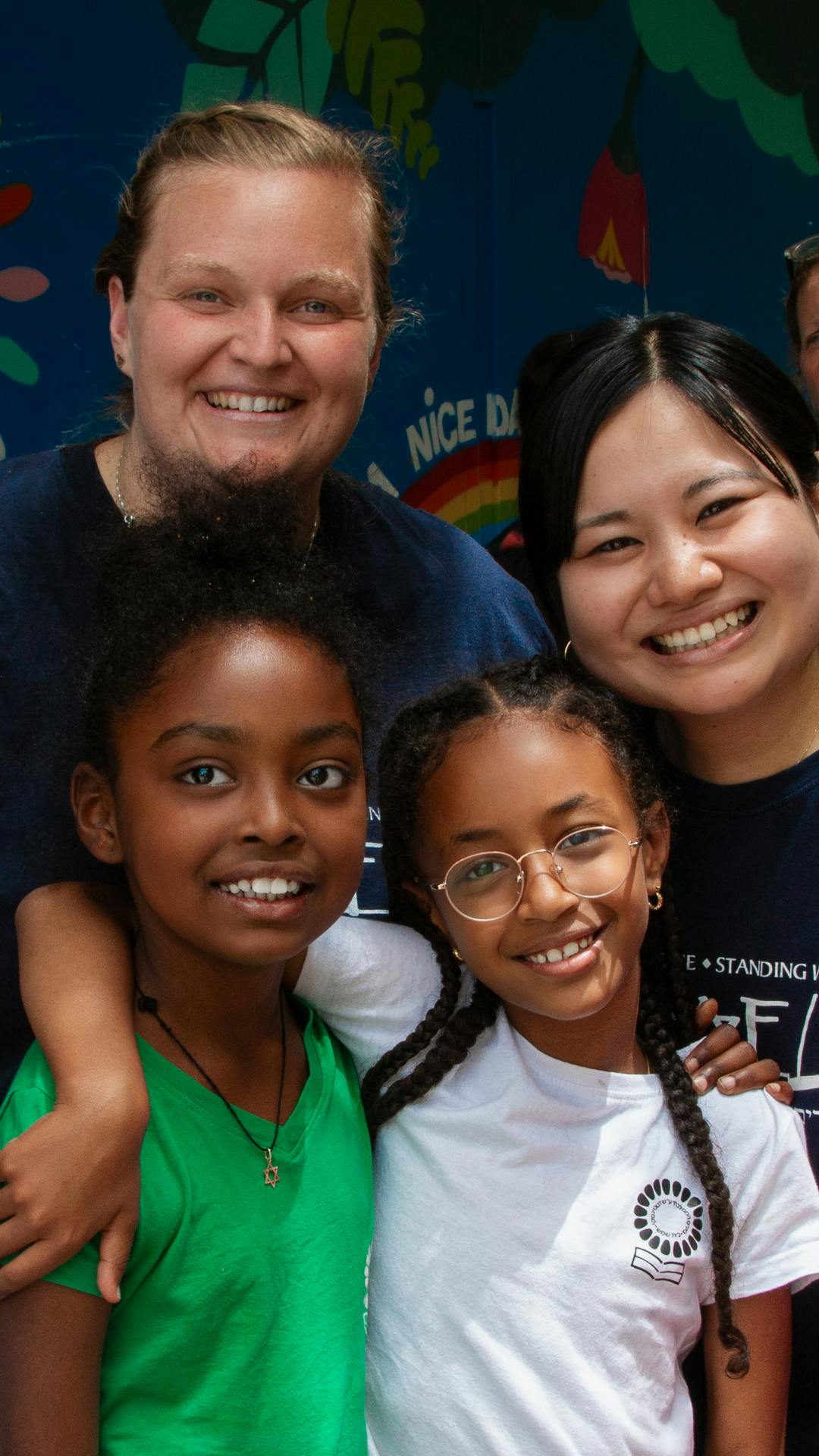
Feed a Child
Invest in hope for Israeli children from needy families by helping them break the cycle of poverty. Your sponsorship for a year puts them on equal footing with their peers by buying hot lunches every school day to quiet rumbling tummies. We also make sure they have all the textbooks they need and pay for school outings, after-school activities and a backpack with their school essentials.
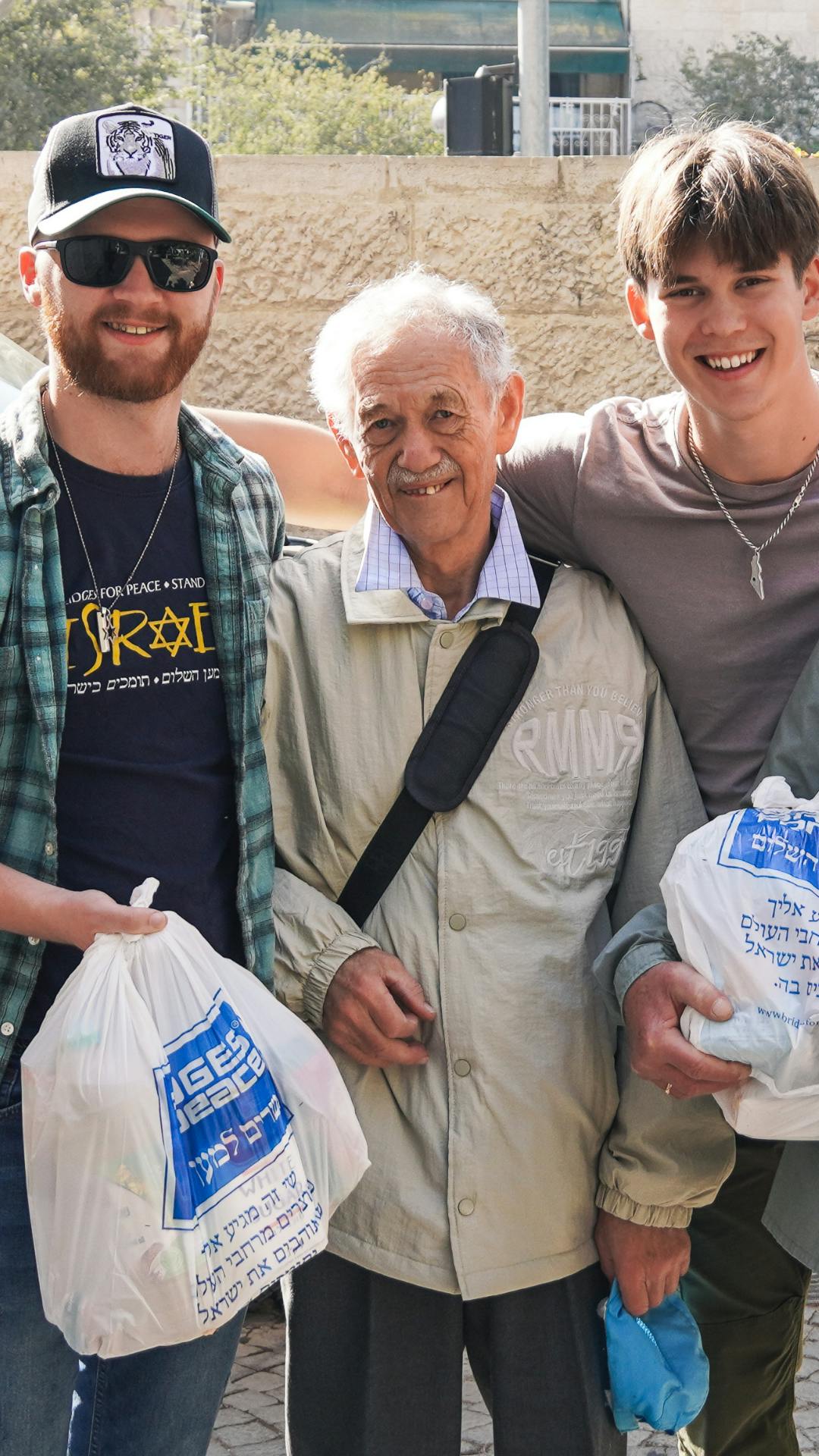
Food
Every month, some 24,000 needy Israelis—among them new immigrants, Holocaust survivors, widows and orphans, single parents and community centers—are fed from our food bank in Jerusalem. We process more than 9 tons of food every week to make sure that impoverished Israelis don't go hungry.
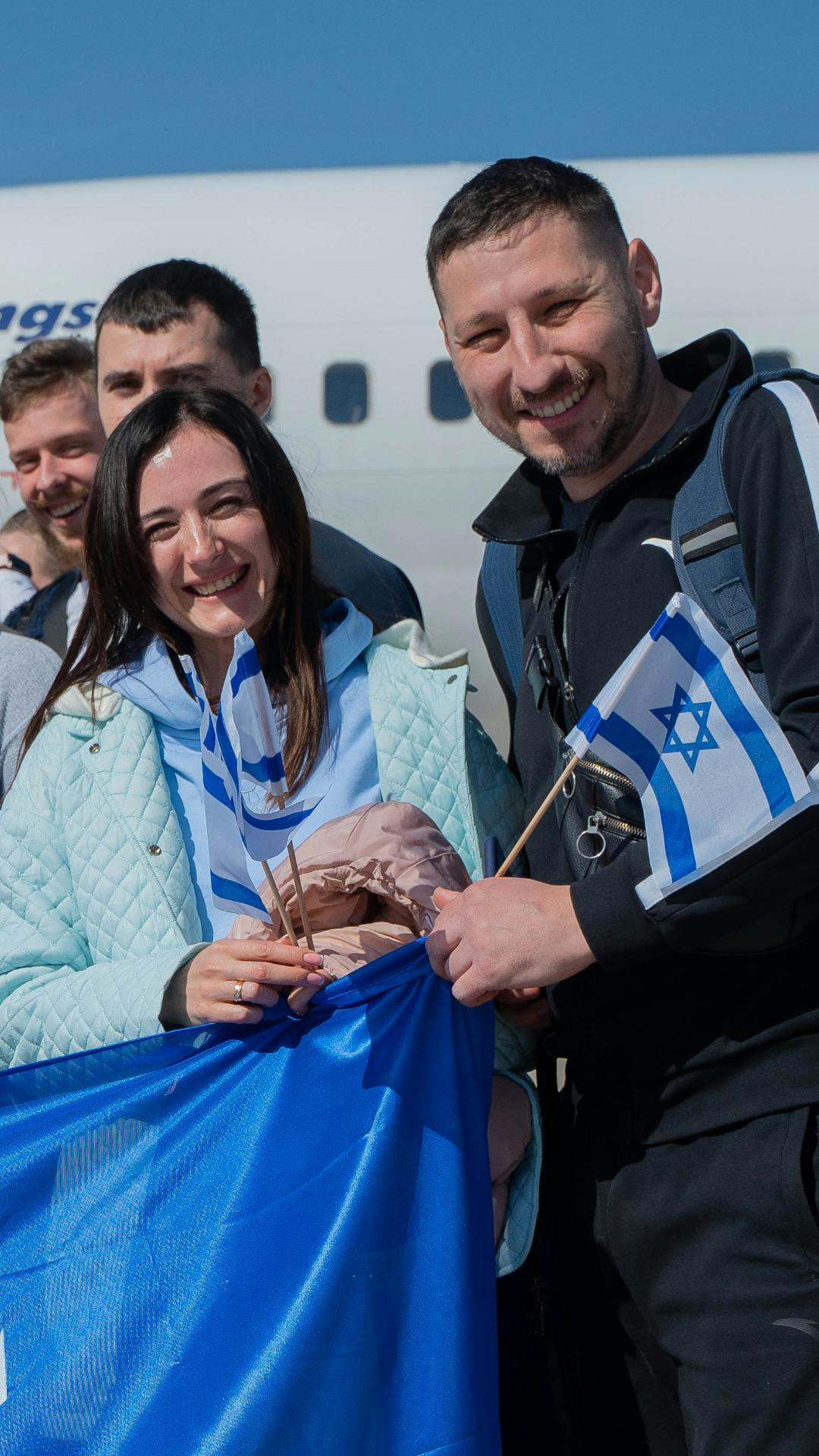
Project Rescue
Partner with God as He fulfills His promises to return the Jewish people from the four corners of the world to their ancient homeland. Many Jews in poverty-stricken or war-torn nations, like the former Soviet Union countries and Ethiopia, can't afford the immigration cost, but with your help, we've rescued more than 110,000 of our Jewish brothers and sisters, bringing them home.
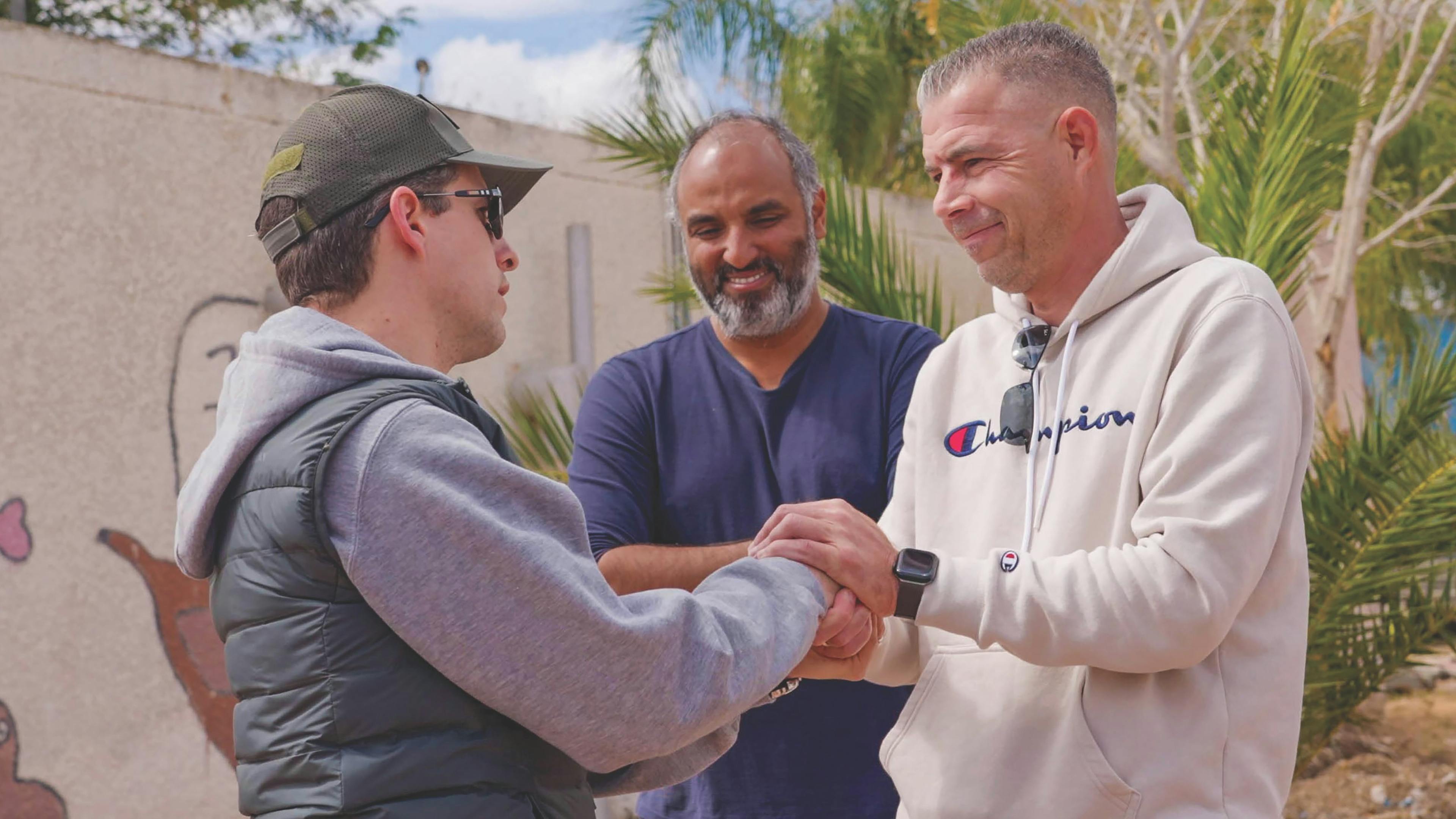
Transform Hearts and Lives In Israel Now Give, Learn, Visit, Serve!
Ready to take the next step toward making a difference in Israel? Here's how you can join us on our mission:
Donate and Become a Partner
Your generous contributions help bring hope, healing, and tangible expressions of God’s love to those in need. Partner with us today and become part of what God is doing in Israel—bringing blessing to the Land and the Jewish people.
Stay Connected and Learn with Us
Browse our resources and become an ambassador in your community. You'll learn about current events in Israel, how to dive deeper into the Bible from its original context, Bridges for Peace's current projects and activities, and much more.
Explore our Projects
Learn about all the different projects Bridges for Peace does on the ground in Israel to bless the nation and the Jewish people, including our food bank, blessing Holocaust survivors, welcoming new immigrants, assisting in times of crisis, and much more.
Serve and Bless in the Land
Ready to roll up your sleeves and make a tangible impact? Join us in serving at our Food Bank or in Israeli communities through volunteer opportunities and service projects. Your hands-on involvement can truly change lives.
A Legacy of Unwavering Support
Over 58 years of blessing the nation of Israel and the Jewish people
Bridges for Peace works to encourage meaningful relationships between Christians and Jewish people in Israel and around the world. It is our goal to educate believers and the worldwide Church on the importance of standing with Israel and the biblical roots of our faith.
Join us in countering antisemitism around the world and support Israel’s right to exist in her God-given land. It is time for Christians to speak up for our Jewish brethren and stand with the nation of Israel. Bridges for Peace will continue in the vision of our founder to be a blessing; to earnestly pray for the peace, safety, and well-being of this nation; and to build meaningful, unconditional relationships between Christians and Jews in Israel and around the world.
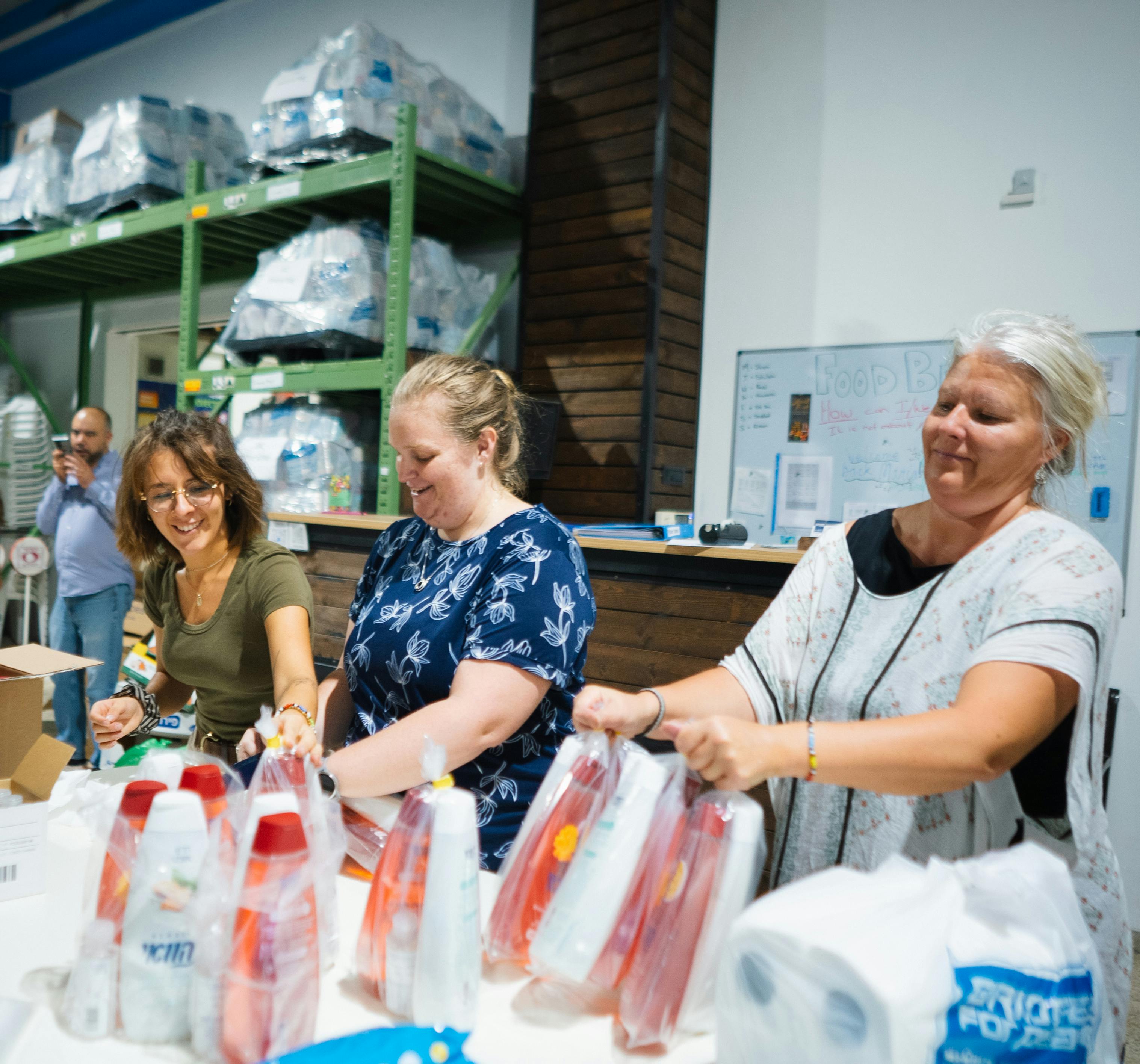


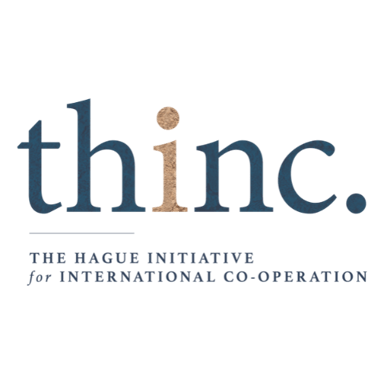


Voices of Impact: Stories from Our Community

"Every day since the beginning of the program and until now, I have food at home and I have no worries about the coming weeks in my head, and these are not just empty words. Thanks to this confidence and freedom in the distribution of time, I have..." made significant progress in my specialty, which I am incredibly happy about.
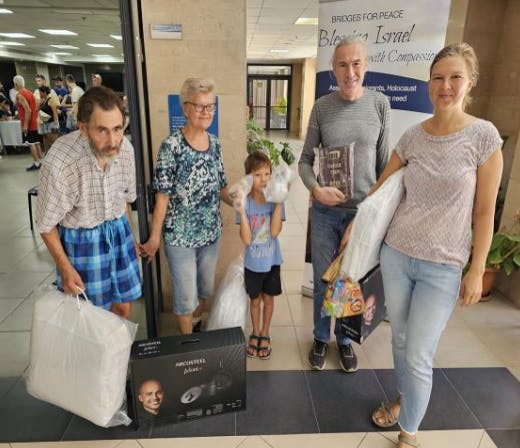
"So far, we have received a lot of support, and of course the gifts and kind words from the..." Bridges for Peace organization have come in handy. We have already evaluated the quality of the pots and pans, and of course a warm blanket will be very useful to us in winter. My husband began studying Tanakh with pleasure. We thank Bridges for Peace and wish everyone peace and prosperity.
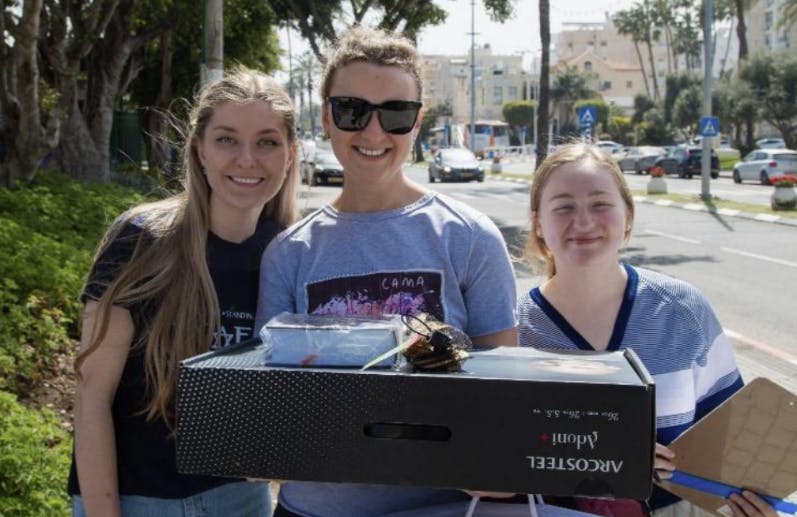
"Shalom! My name is Ksenia. In August 2023, I moved from Moscow, Russia to Akko..." Israel. While in Russia I participated in tenders and competitive auctions in electronic form, first in a hydro-generating company, then in an energy company with a total work experience of 13 years. I also baked cakes to order at home. In 2022, my younger brother moved to Akko, among other things, because of the situation in Russia, and I stayed in Moscow to wait in line for the consular appointment. When I moved, my brother told me about Bridges of Peace and suggested that I could apply for a welcome gift. I am very happy with such a generous gift, because I have wanted good dishes in the house for a very long time, I am very satisfied. Thank you very much!
Stay Connected With The Heartbeat of Israel
Access teachings, articles, videos and updates to enhance your understanding of the Bible and Israel.
Your Generosity
A beautiful set of passages in Isaiah 40:1-5 begins with a call to Comfort, comfort my people, and entreats the reader to prepare the way of the Lord, to the end that the glory of the Lord will appear and all flesh together will see it.
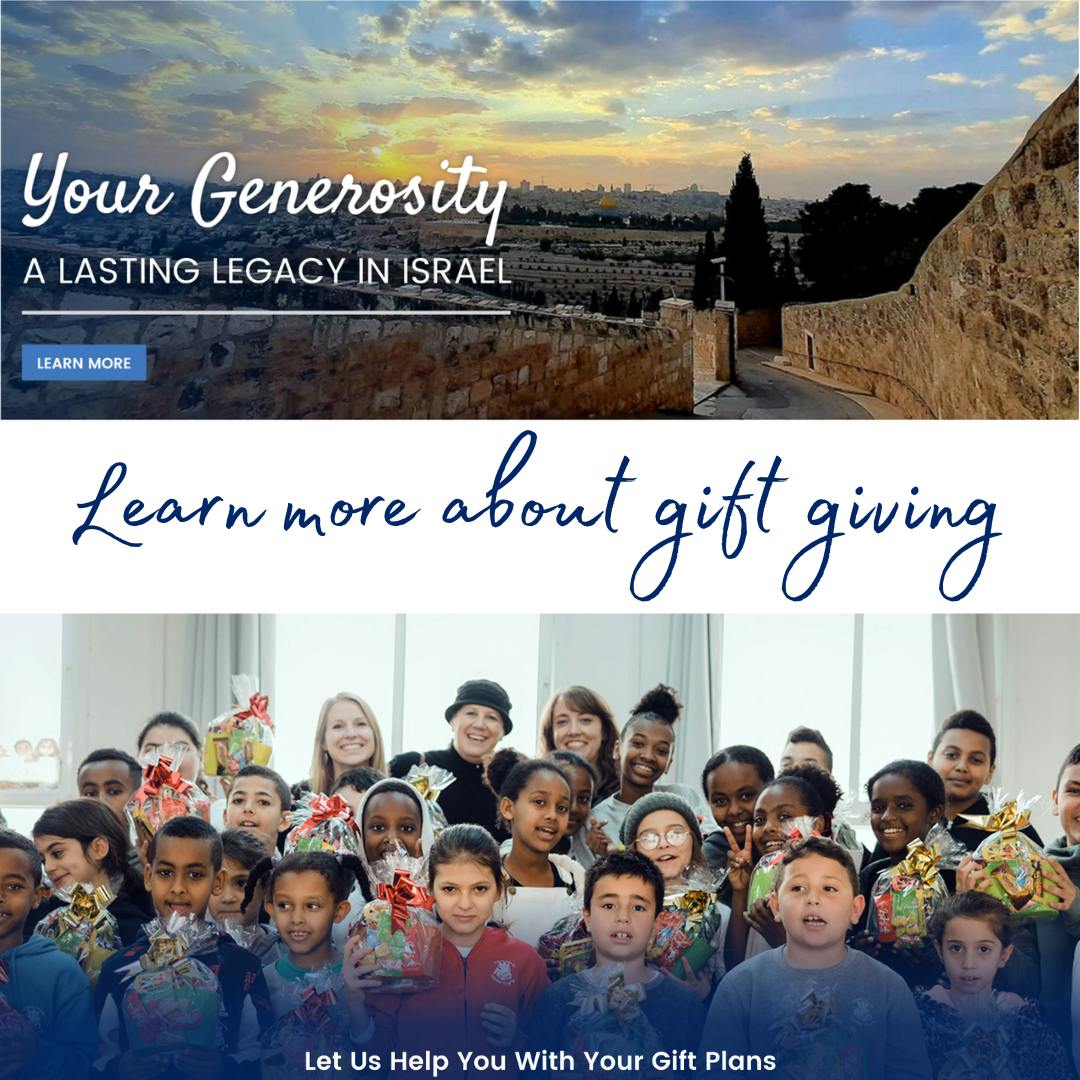

Discover Your Purpose and God’s Heart For You
In today's divided, turbulent world, it's essential for the Church to rediscover God's heart. Our free e-book, authored by a seasoned expert with three decades of experience in Israel, delves deep into the teachings of Jesus (Yeshua) to reveal God’s principles of love and purpose. Learn how embracing these truths can bring significance and impact to your life, even amidst chaos. Subscribe now to receive your free copy and embark on a journey of transformation.
